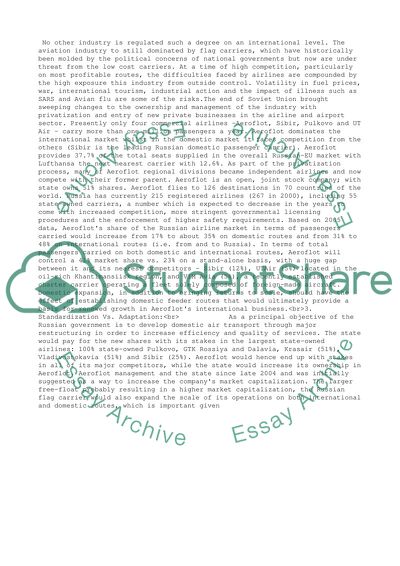Cite this document
(“Aeroflots global marketing approach in Russia & U.K Case Study”, n.d.)
Retrieved from https://studentshare.org/business/1500902-aeroflots-global-marketing-approach-in-russia-uk
Retrieved from https://studentshare.org/business/1500902-aeroflots-global-marketing-approach-in-russia-uk
(Aeroflots Global Marketing Approach in Russia & U.K Case Study)
https://studentshare.org/business/1500902-aeroflots-global-marketing-approach-in-russia-uk.
https://studentshare.org/business/1500902-aeroflots-global-marketing-approach-in-russia-uk.
“Aeroflots Global Marketing Approach in Russia & U.K Case Study”, n.d. https://studentshare.org/business/1500902-aeroflots-global-marketing-approach-in-russia-uk.


